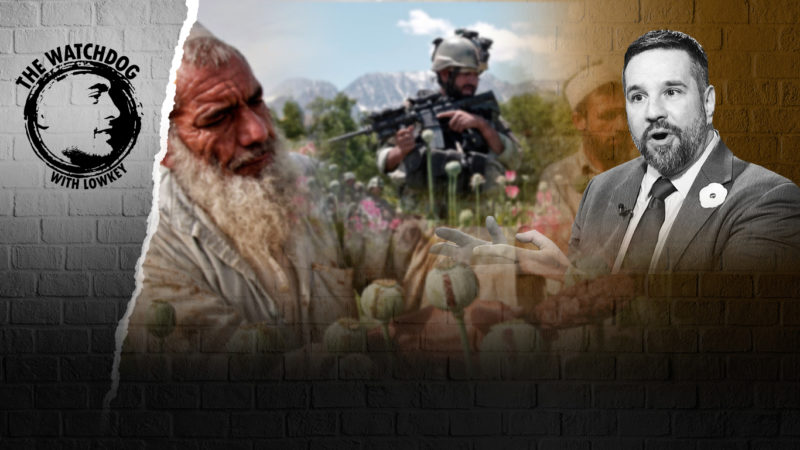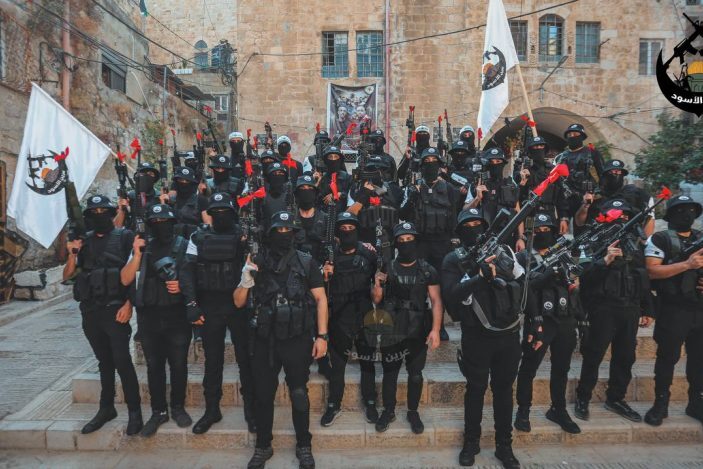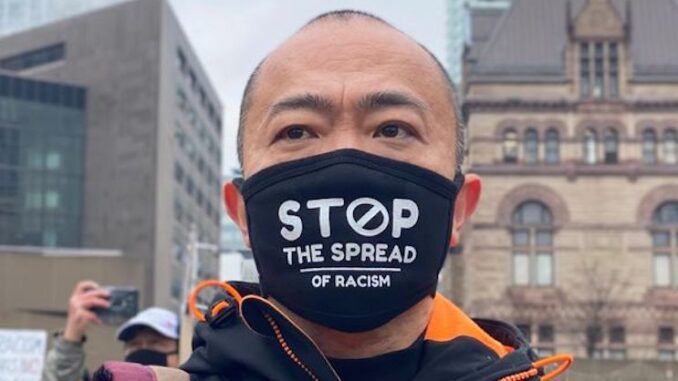
The U.S. Was And Is Effectively Taking Part In The Established Drug Trade By Backing Drug Lords In Afghanistan.
What was the Afghanistan War all about? That is the question on many people’s lips after a devastating 20-year campaign that has killed an estimated 176,000 people and displaced nearly 6 million more.
Today, Watchdog host Lowkey is joined by a man who knows the war from both inside and out. Matthew Hoh was at the forefront of the American empire’s campaign in the Middle East, first serving as a captain in the U.S. Marines, then moving to the Department of Defense and the State Department. In 2009, he publicly resigned from his position in the State Department in Zabul Province, Afghanistan, over U.S. policy in the country, which he saw as both illogical and immoral.
The recent fall of the U.S.-backed Afghan government, only days after NATO troops withdrew, and the Taliban’s quick re-emergence as the dominant political force in the country were no surprise to him. “The same thing would have happened in 2009 [when I was there],” Hoh told Lowkey today. “This has always been a house of cards; any little thing was going to cause it to collapse.”
Hoh, who has since become an anti-war activist, discussed the reasoning behind his decision to follow his conscience and leave his lucrative and distinguished career behind him. Already jaded after his experiences in Iraq, he told Lowkey that he was “holding on to the hope that somehow the Afghan War was going to be different and somehow fundamentally a war worth fighting… I didn’t want to let go of who I had become and the career I was in.”
Afghanistan, however, was as corrupt, unwinnable and immoral an endeavor as Iraq was. Hoh’s efforts to stem the heroin boom proved completely futile, as the country was run by the biggest kingpins, all with American government approval. “The Afghan government is the drug trade,” he said, “They are the ones that control it over there.” Ultimately, he realized that the American presence there was only fueling the insurgency, a position that has now been clearly vindicated.
The North Carolinian also described the extraordinary waste and corruption in both the U.S. and the Middle East, noting that 40% of the “aid” money scheduled for places like Iraq and Afghanistan never leaves the U.S. at all, staying in what is now colloquially known as “Raytheon Acres” — the ring of expensive suburbs around Washington, D.C., home to the headquarters of a myriad of weapons contractors and aid agencies alike. “The one place that reconstruction was successful was in Northern Virginia,” Hoh quipped. And 20% more goes to management fees, leaving barely 10 cents on the dollar for the actual projects in Iraq or Afghanistan.
Nevertheless, American officials in those countries were living the high life. “Holy cow, I was living like Scarface… I was paying out anywhere between $300,000 to $400,000 per week to $5 million per week at times. All in cash,” he said. “The most I ever had at one point was $24 million on hand, in $100 bills, sitting in safes in my bedroom. And there was hardly any oversight whatsoever. Once we signed that money out of the vault in Baghdad, it was up to me how to document that money was spent and where the money went.”
Today, Matthew Hoh has left that life behind and is a Senior Fellow with the Center for International Policy and a member of the Eisenhower Media Network, organizations challenging orthodox thinking in U.S. foreign policy.
Prior to his assignment in Afghanistan, Hoh took part in the American occupation of Iraq, first in 2004-5 in Salah ad Din Province with a State Department reconstruction and governance team and then in 2006-7 in Anbar Province as a Marine Corps company commander. When not deployed, Matthew worked on Afghanistan and Iraq war policy and operations issues at the Pentagon and State Department from 2002 to 2008. He is a 100% disabled veteran.
Related posts:
Views: 0
 RSS Feed
RSS Feed

















 September 30th, 2021
September 30th, 2021  Awake Goy
Awake Goy 




 Posted in
Posted in  Tags:
Tags: 
















